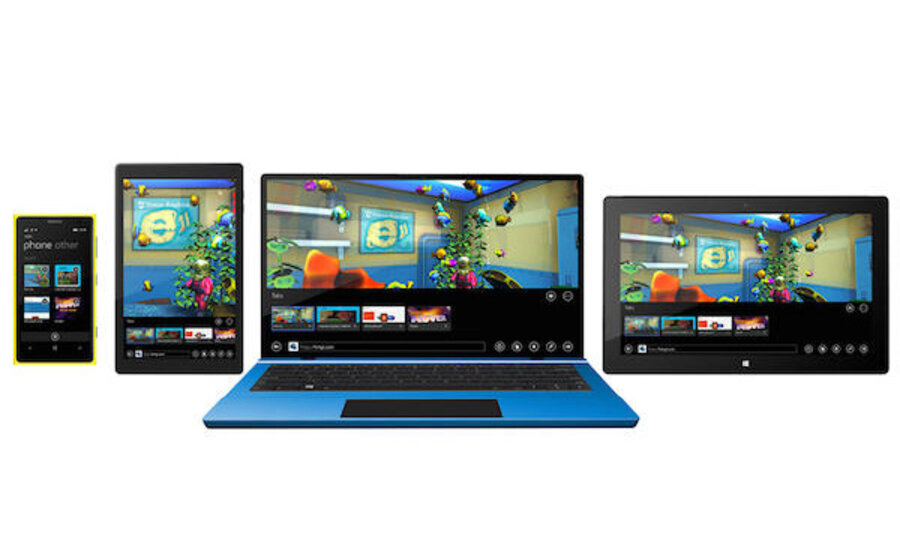Microsoft's Bing joins Google in respecting 'right to be forgotten'
Microsoft on Wednesday began fielding requests from people who wish to have themselves removed from the company's Bing search results in the wake of the European Union's May 'right to be forgotten' ruling.
That ruling allows any of the European Union's 500 million citizens to petition Internet search services to remove results on them that are considered to be "inadequate, irrelevant or no longer relevant." Failure to comply with this law can result in fines.
But the ruling only applies in Europe, meaning search results removed will still be available outside of Europe. And removing search results on an individual does not mean that person's information has been removed from the Internet.
Thus far, the ruling has gained the most notoriety for its application to Google's search engine. The original case concerned a Spanish man who wished to have 15-year-old information on his bankruptcy removed from the company's search results.
In order for individuals to request removal, they must submit a form available on the Bing website. The information required on the form includes documentation verifying your identity, your role in society, and the specific pages you wish to have blocked in search results.
It explains, however, that the information submitted will be used to determine the importance of protecting an individual's privacy versus the public interest of keeping that information free and available, in addition to protecting freedom of expression. This means that "making a request does not guarantee that a particular search result will be blocked," the form notes.
Google came under fire earlier this month when it first began removing search results, including the removal of news posts from the the Guardian newspaper and the BBC. These removals raised questions of free speech, leaving many to wonder whether a private company like Google should be the arbiter on information on the Web. When the Internet is often the first and only place people turn to for information, removal from Internet search results could be viewed as akin to removal from the public record.
Privacy concerns have been a major concern in Europe since Edward Snowden's revelations of National Security Agency spying one year ago. In a recent example of these concerns, Germany announced last month that US telecom firm Verizon Communications would no longer be allowed to operate in the country. This bout illustrated that in Europe, different from the US, privacy concerns often tend to be directed more toward private companies than toward governments, according to Elizabeth Goiten, co-director of the Brennan Center for Justice’s Liberty and National Security program at New York University Law School.
"In Europe, people have traditionally been less concerned about their own governments and more concerned about private companies," Ms. Goiten said in an interview with The Monitor. "It’s traditionally been the opposite in the US."
The Wall Street Journal reported Thursday that Microsoft has confirmed it will attend a meeting next Thursday in Brussels with EU privacy regulators to discuss concerns over the 'right to be forgotten' ruling. While Yahoo and Google have also been invited to the meeting, neither has confirmed whether they will attend the meeting, the Journal reports.
This decision comes just as Microsoft announced it will cut 18,000 jobs over the next year, as it integrates its recently acquired Nokia Devices and Services, which will account for 12,500 of the job cuts, according to an e-mail from Microsoft chief executive Satya Nadella to all Microsoft employees Thursday morning.
Microsoft shares were up 1.5 percent as of Thursday afternoon. Microsoft will release its next earnings report on July 22, where Mr. Nadella will share further specifics on Microsoft's plans.







